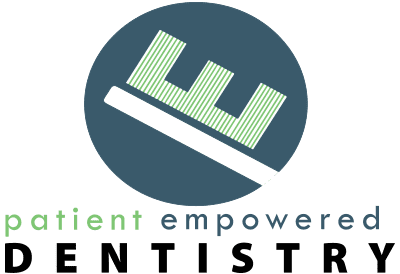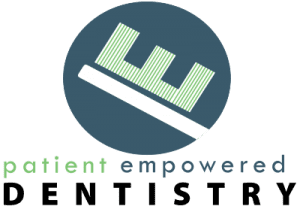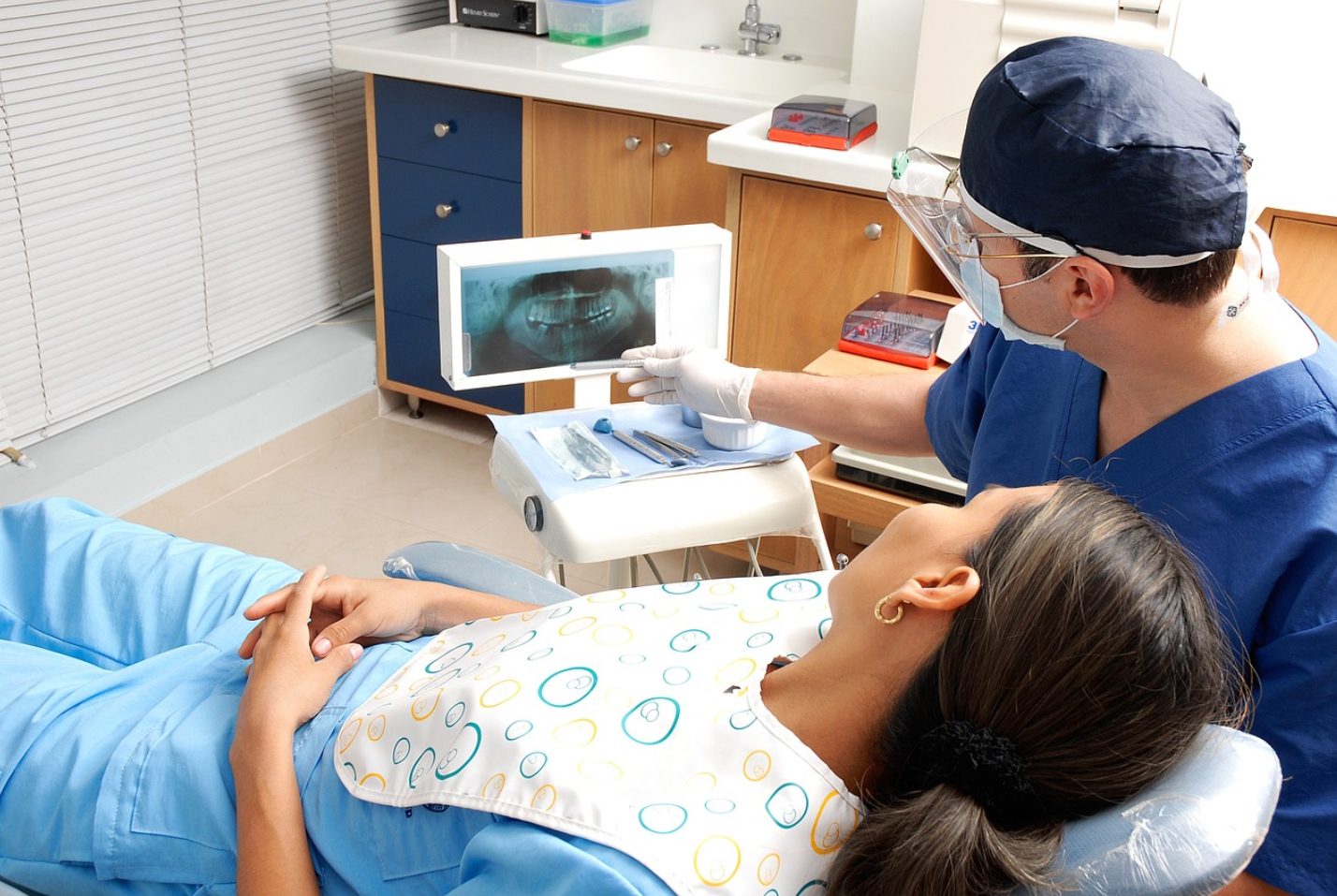What is a dental emergency?
Dental issues are relatively common, but not every ailment or symptom requires urgent intervention. Statistics from the American Dental Association indicate an increase in Emergency Department visits for dental pain in recent years. While most cases of oral pain are linked to decay and gum disease, injuries, infections and trauma can also contribute to severe discomfort. If you experience symptoms following an accident, or you develop intense oral pain, it’s crucial to seek advice. Dental emergencies require immediate assistance. In most cases, the sooner treatment is provided, the better the outcome.
Examples of dental emergencies
Anyone can find themselves in a situation where they need urgent dental help. Accidents are not always preventable, and underlying dental issues, such as abscesses and infections, can trigger sudden, throbbing pain. Here are some of the most common examples of dental emergencies:
-
Knocked-out tooth
Also known as tooth avulsion, a knocked-out tooth should always be treated as a dental emergency. It is possible to save teeth that have been dislodged, and if you can type in dental offices near me open into your phone and follow the links, dentists might be able to reinsert the tooth. While you’re on your way to a dental office or waiting to see a dentist, hold the tooth by the crown, avoid touching the root and place the tooth in a glass of lukewarm water or milk if you can. You could also hold the tooth in your mouth. This advice is not applicable to children, as there is a risk of swallowing.
-
Severe dental pain
In many cases, dental pain is mild, but pain can intensify, particularly if trauma is involved or the tooth or gums are infected. If you have severe dental pain, or your pain is getting worse, seek expert advice. There are several possible causes, and it’s always best to get checked out so that your dentist can identify the cause and suggest suitable treatment options.
-
Dental injuries and bleeding
Slips, trips and falls, car accidents and playing sports can all result in facial injuries, which can cause damage to the teeth and excessive bleeding. If you’ve been involved in an accident, or you’ve injured yourself and your mouth is swollen, sore or bleeding, arrange to see your dentist. The priority will be to stem the bleeding. Your dentist will then decide whether additional treatment, for example, restorative work, is required.
What to do in an emergency
If you need emergency help for dental issues, don’t hesitate to contact your dentist. It’s beneficial to seek advice as soon as possible. Your dentist will be able to offer advice to help you manage pain or stem bleeding until you can reach them.
Summary
Dental emergencies require urgent assessment. If you develop intense pain, you damage your teeth in an accident, or you’ve lost a tooth playing sports, it’s wise to find an emergency dentist as quickly as possible.



